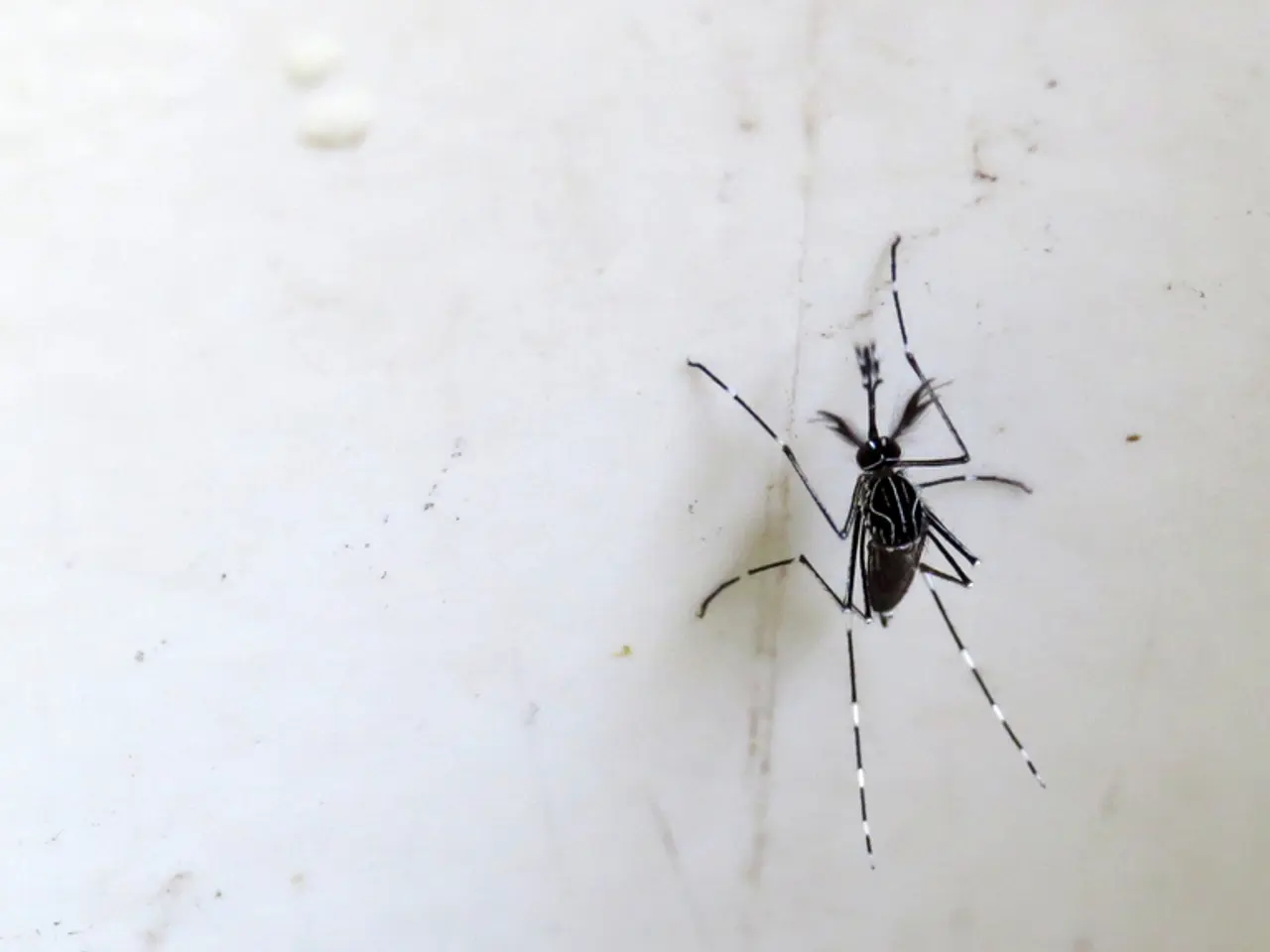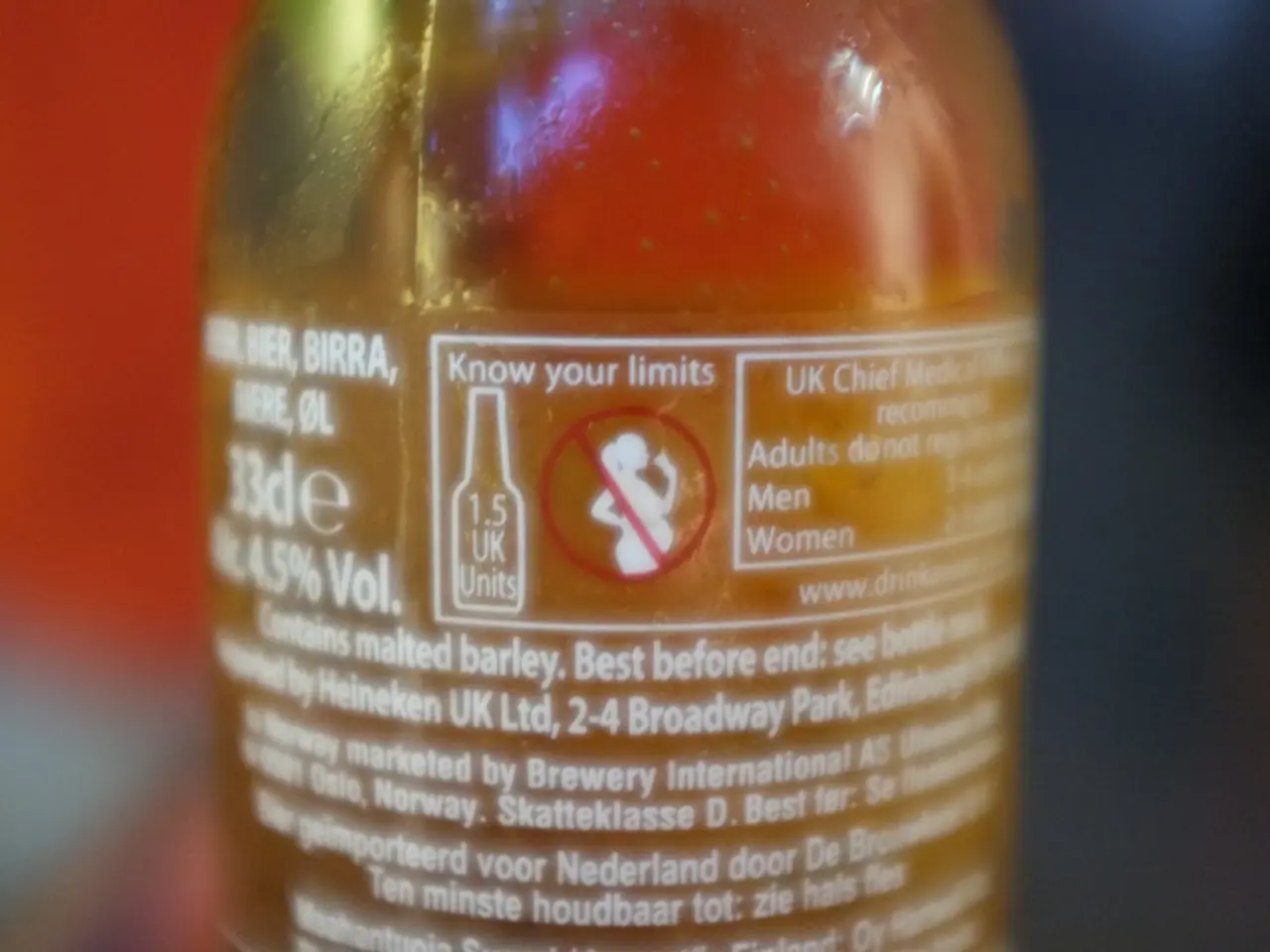In Hong Kong, mosquito control plays a critical role in the attempt to avert a chikungunya outbreak, as a vaccine for the disease has not yet been given the go-ahead.
Chikungunya Vaccine and Mosquito Prevention in Hong Kong
The World Health Organization is currently researching the safety and efficacy of the Chikungunya vaccine, a development that has garnered attention worldwide. However, it's important to note that the vaccine is neither widely used globally nor approved for use in Hong Kong.
The Chikungunya vaccine, known as IXCHIQ, is approved and recommended for individuals aged 18 and above at risk of exposure to the virus. After a pause in May 2025 due to concerns about serious adverse events, the Food and Drug Administration (FDA) has since removed this pause, following an updated benefit-risk assessment.
In Hong Kong, where the disease is transmitted by Aedes mosquitoes, the primary means of prevention remains avoiding mosquito bites and curbing their breeding. Dr. Wong Hoi-kei, a senior medical and health officer from the Centre for Health Protection, has emphasized that aside from anti-mosquito measures, the vaccine is not a primary means of prevention.
The most effective strategies for mosquito control in Hong Kong include eliminating breeding sites, using insect repellents, installing physical barriers, wearing protective clothing, and community-wide vector control programs. Combining these approaches is critical to mitigate the risk of infection in a subtropical urban environment like Hong Kong.
Despite the ongoing risk assessment for local transmission of Chikungunya fever in Hong Kong, Dr. Wong recently stated that Chikungunya fever is unlikely to become endemic in the city. The ongoing risk assessment includes the potential use of the vaccine in the future.
In conclusion, while the IXCHIQ vaccine is now fully approved with updated safety guidance, it remains primarily recommended for travelers or high-risk groups. Local prevention in Hong Kong continues to focus on mosquito control and bite prevention strategies. The efficacy and safety of the Chikungunya vaccine are still under investigation by global health organizations and experts.
- The efficacy and safety of the Chikungunya vaccine, currently a focus of the World Health Organization's research, are still under investigation by global health organizations and experts.
- In Hong Kong, where the disease is transmitted by Aedes mosquitoes, the primary means of prevention remains avoiding mosquito bites and curbing their breeding, rather than relying on the IXCHIQ vaccine as a primary means of prevention.




